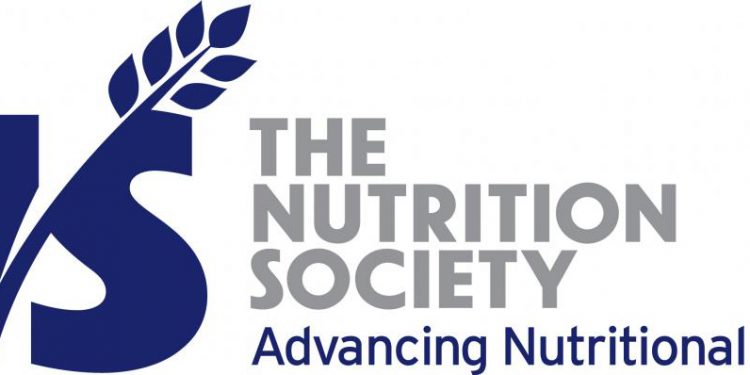A new article looks at how attitudes to meat can be impacted by the media coverage around zoonotic disease.
Published by Cambridge University Press, Sophie Attwood and Cother Hajat’s piece explore how consumers are changing their attitude as a result of the current pandemic.
The research highlights the impact of media coverage, as now consumers are asking more questions about the origin of and ingredients in food.
It says a new light has been shone on antimicrobial resistance, for example, a serious, yet often ignored risk of intensive animal husbandry. Liberal use of antibiotics in animal feed has been recognised as an impending risk to human health, but few seemed willing to reduce the potential public health risk until now.
Other impacts include US sales of plant-based meat alternatives increasing by almost 200% in April 2020, compared to the same period in 2019.
The pandemic could catalyse a shift toward less meat in diets
Looking at previous zoonotic outbreaks, the article says, the link between meat from infected cows and Creutzfeldt-Jakob disease, which causes brain damage in humans, led to a dramatic drop in beef intake. Research just after the event showed up to 30% of consumers reduced beef consumption immediately. Follow-up research in the late 1990s indicated that negative media attention led to sustained losses in beef sales.
African Swine Flu accelerated a consumer trend toward more diversified protein intake in China, with consumers trying a wider range of protein sources, like seafood, beef, mutton and poultry.
Following the Avian Influenza outbreak in 2013 in China, decreased sales of poultry were evident up to a year after onset. When questioned as to why their shopping habits had changed, Chinese consumers spoke of their fears about contracting flu from poultry and a lack of trust in institutions to ensure the safety of their diets.
If previous behavioural patterns recur, a possible consequence of the Covid-19 pandemic could be be to catalyse the shift toward less meat in diets, already apparent in some high income countries.
The article was accepted by Public Health Nutrition as part of the Cambridge Coronavirus Collection.























